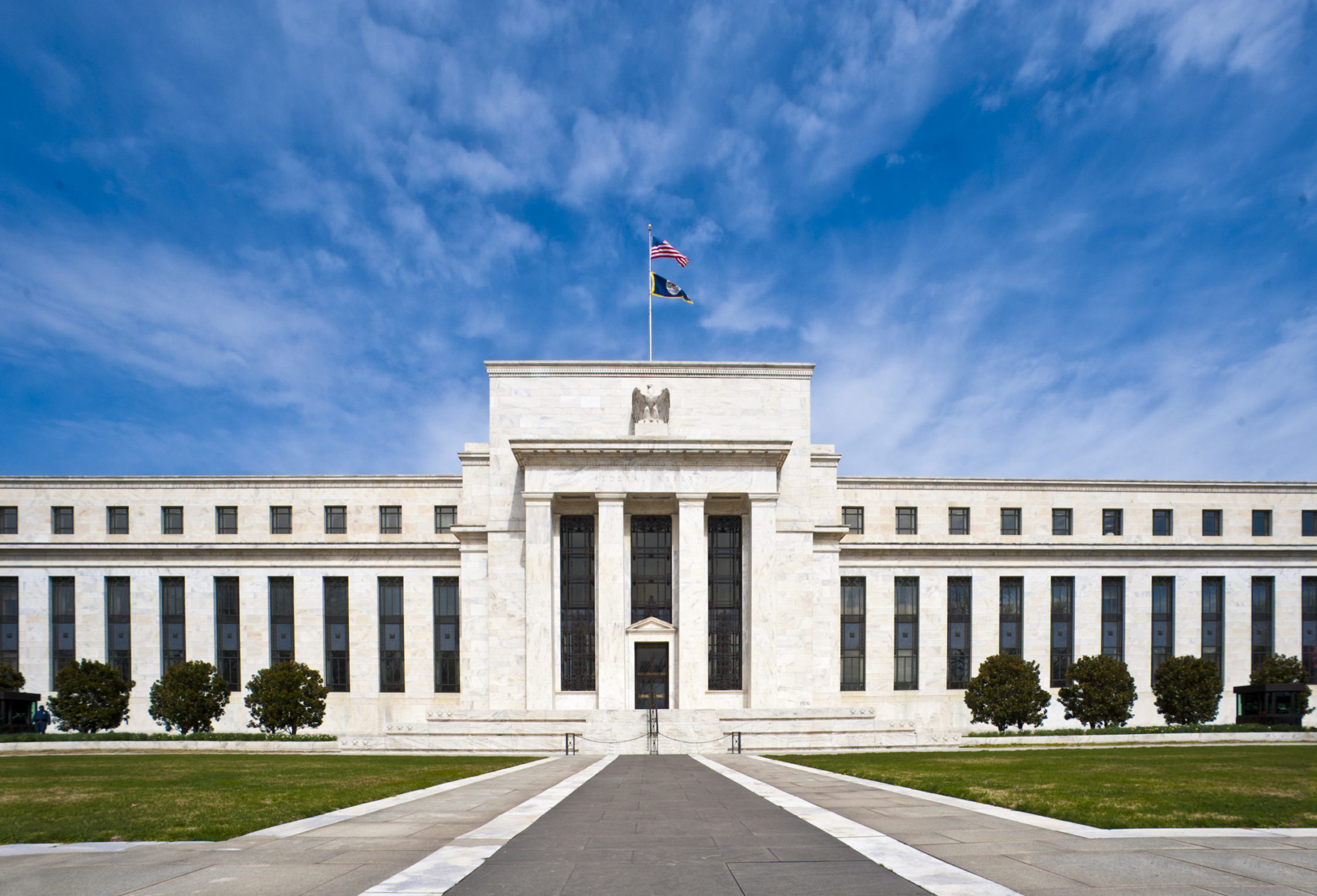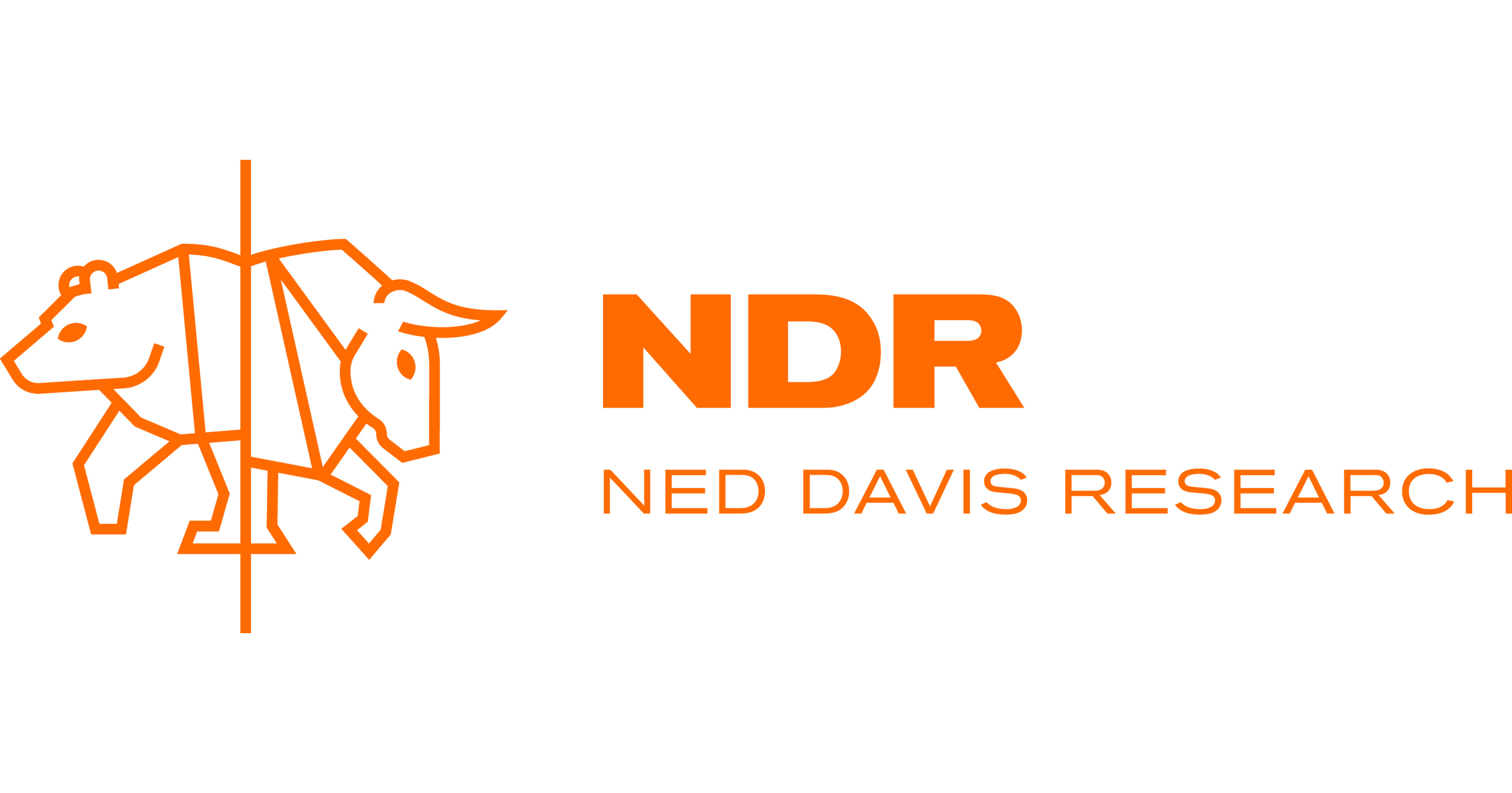The Federal Reserve’s plan to purchase ETFs for the first time in history has given a huge boost to some of the world’s largest fixed income ETFs.
The Fed’s promise of “unlimited” quantitative easing measures on 23 March has worked wonders for the credit market with flows into US-listed corporate bond ETFs entirely reversing since the announcement.
Investors have been piling into the biggest corporate bond ETFs, in particular, in an attempt to front-run the US central bank’s purchases which will begin on 12 May, the New York Fed said on Monday.
Highlighting this, the $45.4bn iShares $ iBoxx Investment Grade Corporate Bond ETF (LQD) has seen a 50.8% rise in assets under management (AUM) since 23 March, according to research conducted by Ned Davis Research (NDR).
Meanwhile, the $15.8bn iShares Short-Term Corporate Bond ETF (IGSB) and the $24.5bn Vanguard Short-Term Corporate Bond ETF (VCSH) saw their AUM jump 26.1% and 13%, respectively.
The biggest ETF issuers such as BlackRock, which will make the purchases on behalf of the Fed, and Vanguard appear to be the indirect beneficiaries of the Fed’s entrance into the market while State Street Global Advisors has seen a 72.2% increase in AUM on the $9.6bn SPDR Bloomberg Barclays High Yield Bond ETF (JNK).
It is worth noting BlackRock has said it will rebate any fees it receives as a result of purchases through the Fed’s Secondary Market Corporate Credit Facility (SMCCF).
Matt Bauer, senior research analyst at NDR, commented: “We firmly believe in not fighting the Fed. Since the 23 March announcement, US corporate ETFs have seen virtually no negative flows.
“However, we do have to acknowledge that some market participants who purchased after the announcement may trade tactically by hitting the Fed’s bid.”
Federal Reserve’s move into high yield ETFs calms markets…for now
Bauer said the “sheer size” of LQD makes it a likely candidate to receive the Fed’s initial $25bn flows while adding the shorter-term ETFs such as VCSH or IGSB are more suitable for the central bank’s timeframe in terms of their average maturities.
“Of course, the Fed can always sell a fund when it is ready to exit, but a key benefit of ETFs for the Fed may be in-kind redemption,” he added.
“Because BlackRock is acting as the asset manager adviser to the SMCCF, instead of selling the shares, SMCCF may be able to redeem shares for the underlying bonds and simply let them mature.”
Sign up to ETF Stream’s weekly email here





